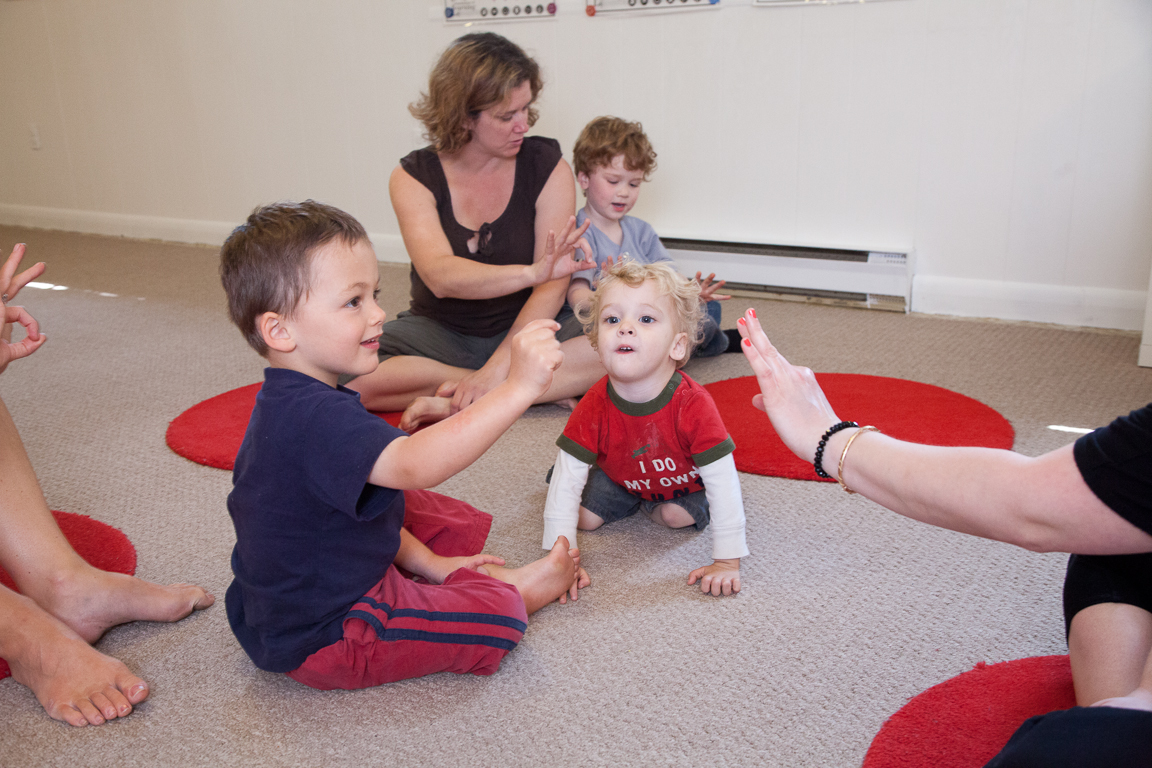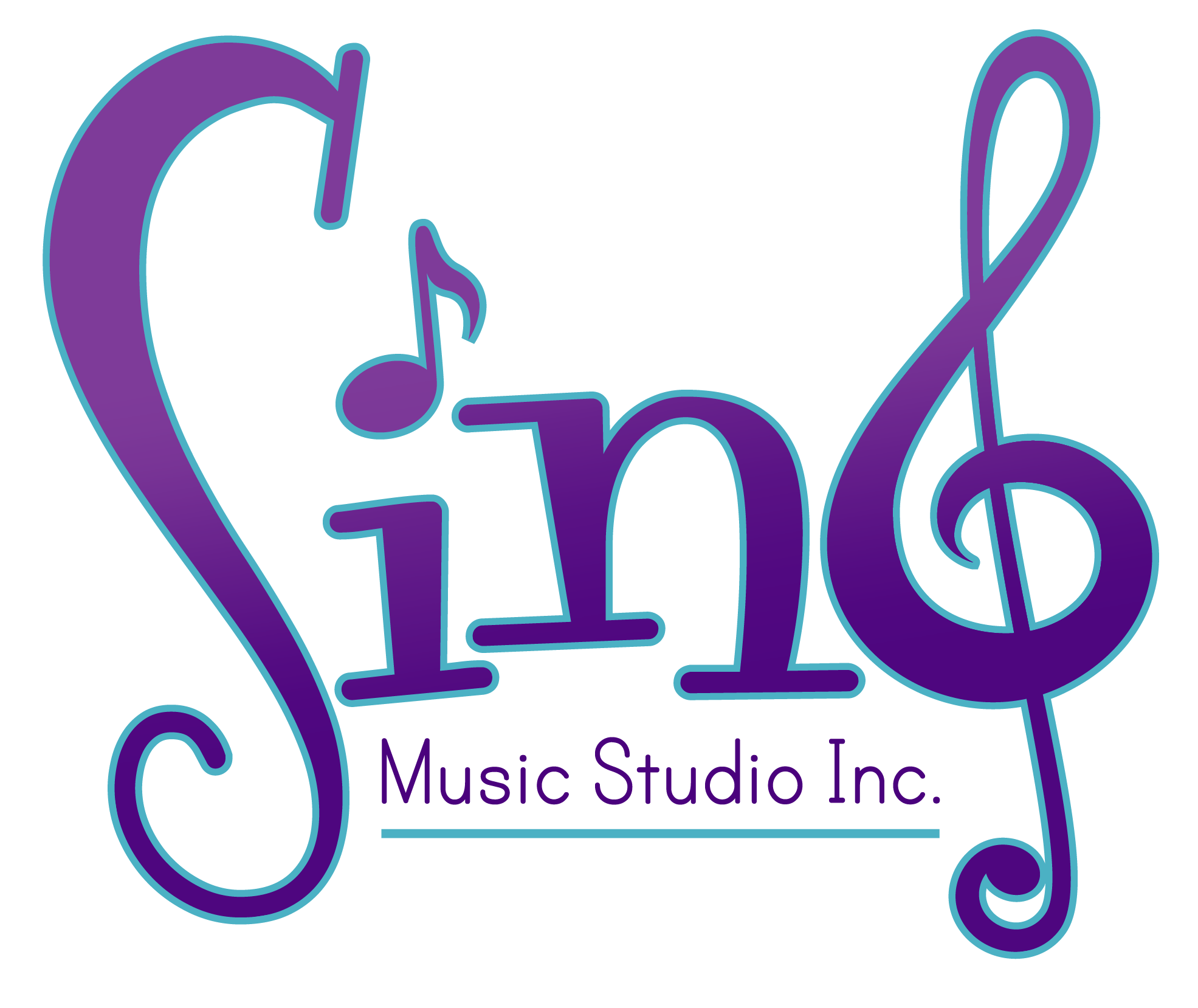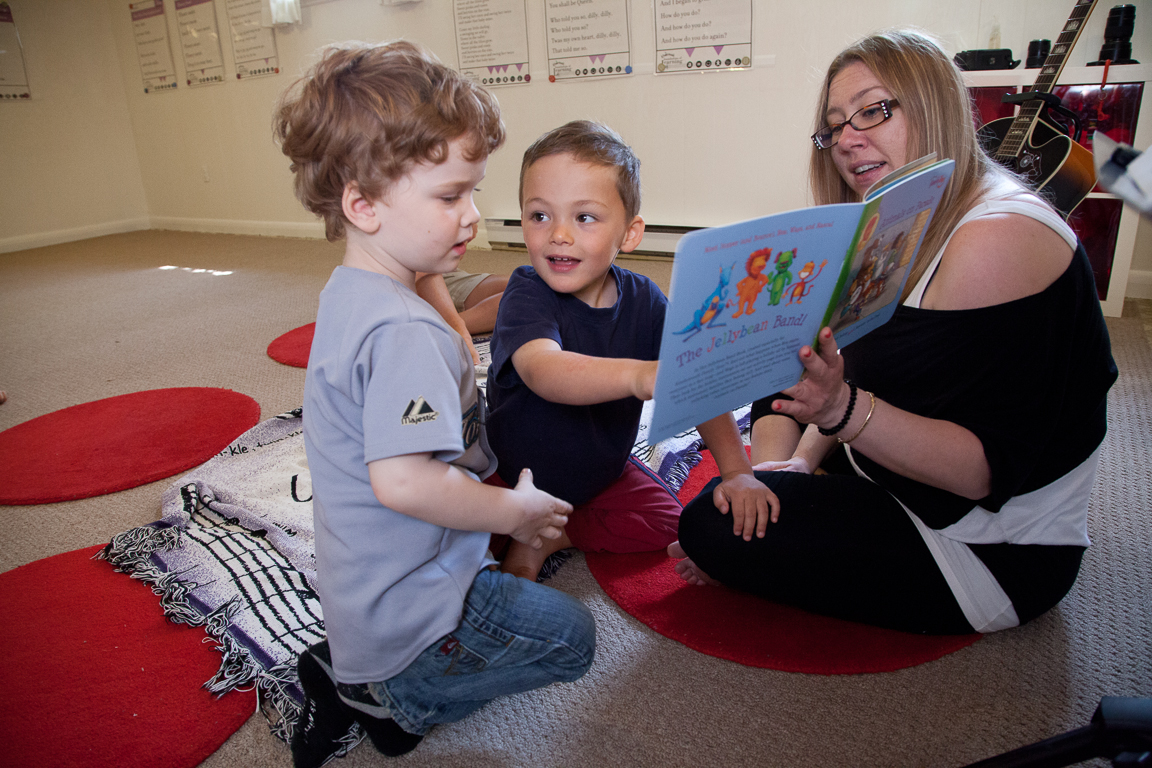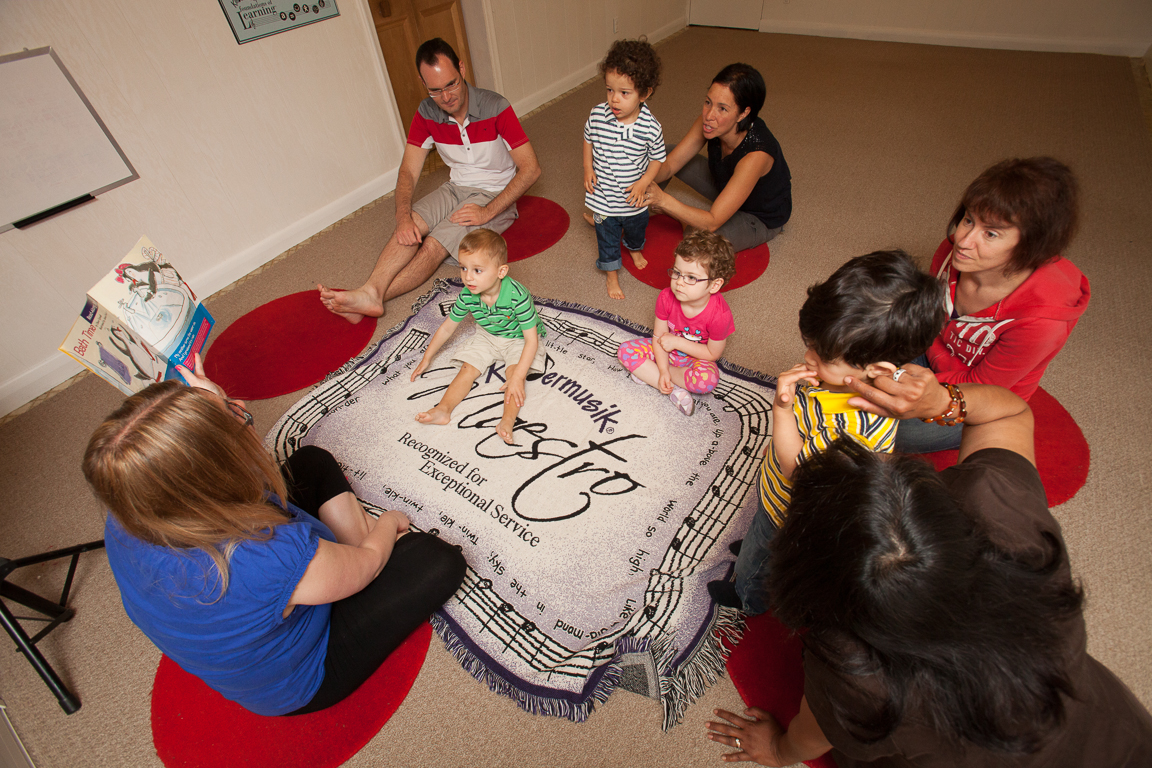Spotlight on Laugh & Learn for Families: Splash (June Unit)

To parents of young children, a night out at the movies can seem like a vacation and adds a little bit of variety to days often noted by routine. (And, no, the latest animated feature does NOT count as a night out!) On the other hand, staying in and watching a re-run of a favorite sitcom when your child (finally!) falls asleep can provide a sense of comfort. Plus, you often catch a joke or two that you missed the first time. Truth be told, we all need a little but of variety and repetition in our lives—and for your child, both actually support early learning!
Children need a variety of new experiences to help lay the groundwork for learning, but a one-time event does not make a lasting impression. Every new activity your child actively participates in makes a new neural pathway in the brain. Each time that activity is repeated that connection grows stronger. So, from week to week in class, we include an age-appropriate mixture of both new and familiar activities to help make the learning last and help children boost skills and gain confidence in their abilities. Plus, we give you the tools to repeat all of the activities at home—or on the go—so the learning continues throughout the week!
Everyday Connection: Repeat after me. The next time your child asks you to read the same book again and again or put the same song on repeat just say “yes!” Each new reading or listen can reveal something new to your child. Plus, now you know the reason behind the request!



